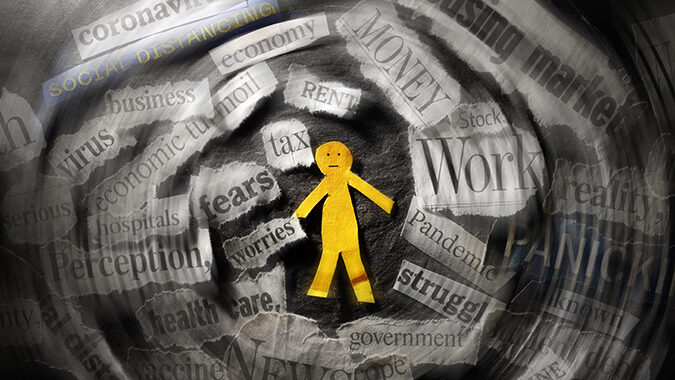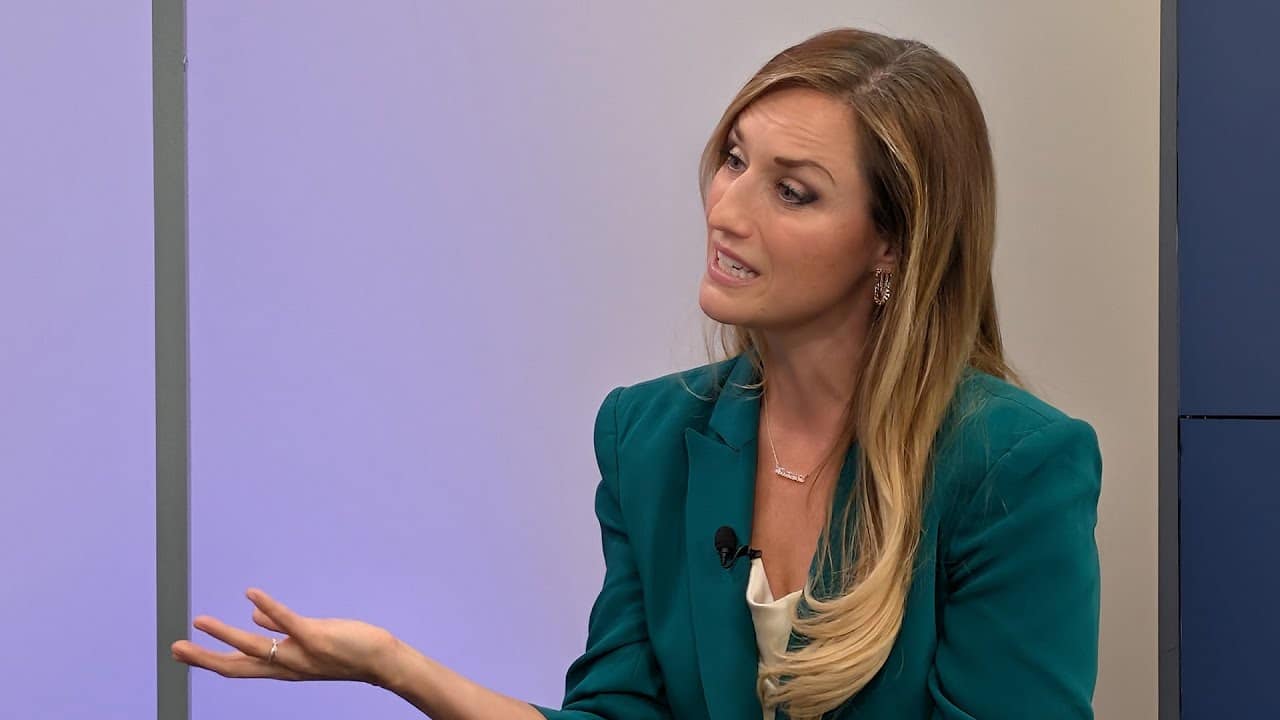Employee financial wellness is trending downward, and financial anxiety is rising as workers navigate a turbulent economy, a volatile housing market, and continue to worry about the uncertainty of student loan forgiveness in Washington, a new report released Wednesday says.
With financial pressures on the rise, 54% of workers said anxiety about their finances made it difficult for them to focus when they are at work. Twenty-eight percent of workers surveyed said they had dipped into their retirement savings to pay for short-term expenses this year.
The report from the financial services company Betterment at Work polled 1,000 full-time U.S. employees to measure how they are faring financially, the benefits they desire most in the current climate, the type of support they want their employers to offer, and how these trends have shifted year-over-year.
Key findings of 2022 Betterment at Work's Financial Wellness Barometer include:
- Employee financial wellness is on a notable downward trend:
- Retirement accounts have taken a hit: three-quarters (75%) of employees say that market volatility has impacted their retirement account's balance, and over a quarter (28%) dipped into their retirement savings to pay for short-term expenses this year.
- 40% of employees rated themselves as financially stable, a 9 percentage point drop from last year.
- Only 59% of employees currently have an emergency fund (a 7 percentage point drop from last year), leaving 41% without any sort of safety net.
- Financial challenges are impacting people's mental health, and their ability to do their jobs:
- Over two-thirds (71%) say their finances cause them anxiety, and 54% percent of employees say that this anxiety has made it difficult to focus while at work.
- Inflation and student debt are major causes: 88% say that rising costs of living have notably increased their financial anxiety this year, and 71% reported feeling financial anxiety regarding their student loan debt.
- Women are more stressed than men: 77% of women say finances cause them anxiety, vs. 63% of men.
- Shining a spotlight on student debt:
- Almost half (44%) of employees surveyed do not feel ready to resume payments when the moratorium lifts, and women feel 20% less prepared than men.
- Employees are making sacrifices to prepare to restart payments: 42% have cut down on dining and entertainment, 32% have skipped a vacation this year and 24% have lowered the amount they invest.
- Two-thirds (67%) feel that their student debt has impacted their ability to save for retirement.
- Meanwhile, over a quarter (27%) of employees surveyed are currently putting money towards a college fund — yet less than half (45%) of them are using a 529 to save.
- There's opportunity for employers to do more:
- A 401(k) and 401(k) match remain the two most highly sought-after financial benefits. However, only 52% of employees surveyed have access to a 401(k) — a number that drops to 39% for small business workers.
- 68% of employees indicated that financial wellness benefits are more important to them now than they were a year ago — other highly desired benefits include access to an FSA and HSA, an employer-sponsored emergency fund, and student loan offerings.
- Yet, just under half (45%) feel that their employer is committed to supporting their financial wellness, showing there's room for employers to provide value and demonstrate their support.
Kristen Carlisle, general manager of Betterment at Work, said that when workers struggle with financial anxiety, employer financial wellness benefits become more important than ever.
"This presents an opportunity for employers to reexamine their benefits packages and gauge whether their current offerings are truly meeting the evolving needs of employees,” Carlisle said. “A great financial wellness package doesn't need to provide every benefit under the sun, but rather, a curated selection of the benefits that will make the most impact."




